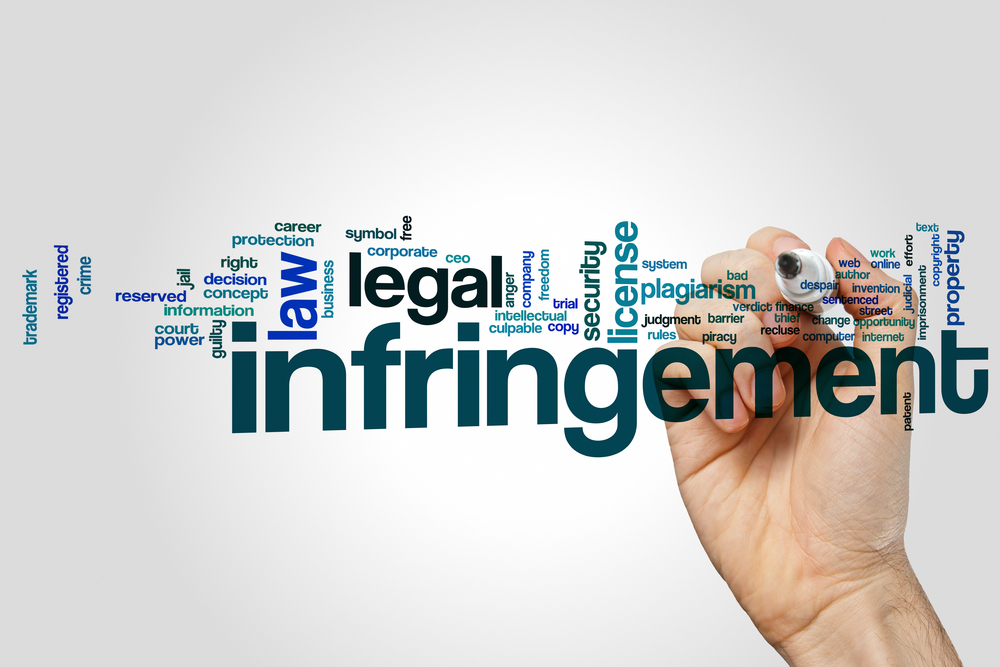Free Courses Sale ends Soon, Get It Now


Free Courses Sale ends Soon, Get It Now



Copyright infringement not intended
Picture Courtesy: http://www.mcciapunesampada.com/
Context: The case between Humans of Bombay (HOB) and People of India (POI) involves claims of copyright infringement and passing off.
Details
Key Points
Copyright Infringement
Substantial Imitation
Passing Off
What next in this case?
Must Read Articles:
COPYRIGHT ISSUE: https://www.iasgyan.in/daily-current-affairs/copyright-issue
PERSONALITY RIGHTS: https://www.iasgyan.in/daily-current-affairs/personality-rights
|
PRACTICE QUESTION Q. Consider the following statements: Statement 1: Copyright infringement occurs when someone uses a substantial part of a copyrighted work without authorization from the copyright owner. Statement 2: Copyright owners have exclusive rights to reproduce, communicate to the public, adapt, and translate their work. Which one of the following is correct in respect of the above statements? A) Both Statement-1 and Statement-2 are correct, and Statement-2 is the correct explanation for Statement-1 B) Both Statement-1 and Statement-2 are correct, and Statement-2 is not the correct explanation for Statement-1 C) Statement-1 is correct, but Statement-2 is incorrect D) Statement-1 is incorrect, but Statement-2 is correct Answer: A Explanation: Statement-1 and Statement-2 are both correct, and Statement-2 explains Statement-1. Copyright infringement, as described in Statement-1, involves the unauthorized use of a substantial part of a copyrighted work, and Statement-2 explains the exclusive rights of copyright owners, which supports the concept of infringement. |
© 2024 iasgyan. All right reserved